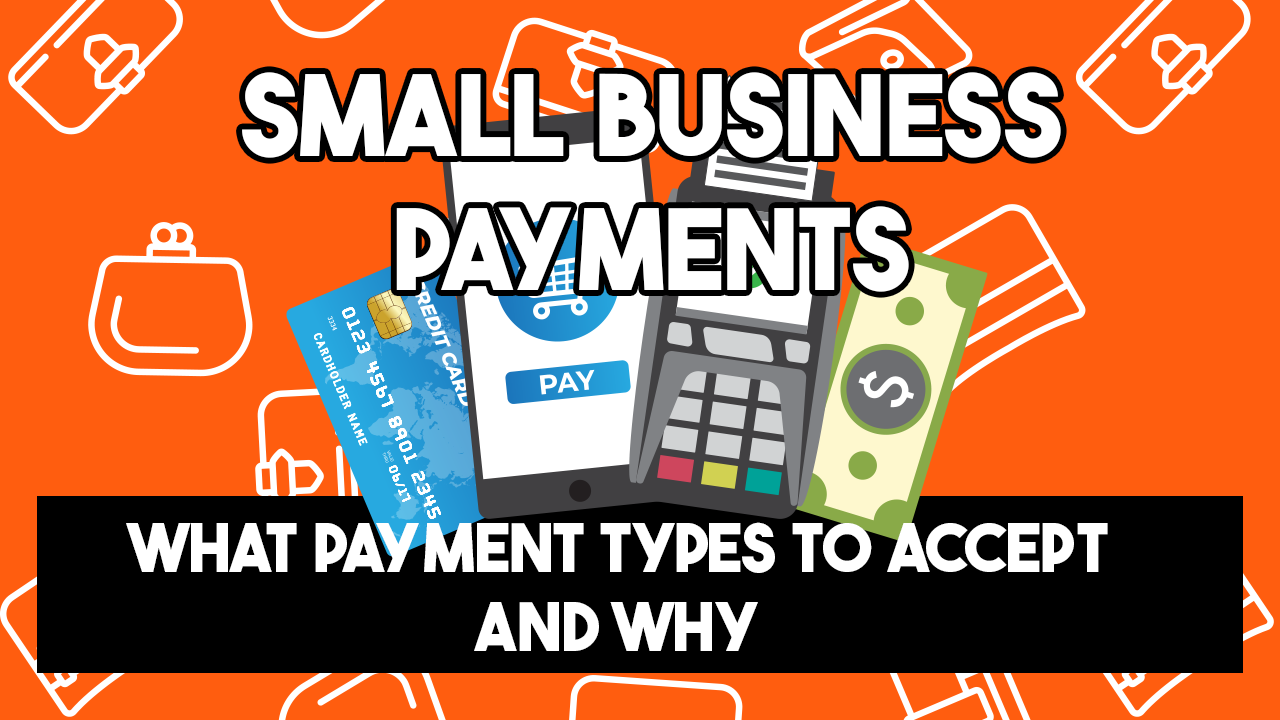
Should You Pass Off Credit Card Surcharges to Customers?
Oct 10, 2022 2 minute Read
It’s no secret that credit card processing fees are expensive, but what about taking a processor’s fees add it as a surcharge fee to your transaction? In this article, we’ll talk about whether you can pass on these costs to customers and what the consequences might be if you do.
Fees are typically 2-3% of a credit card purchase, but whether you can pass along these fees to customers is often a matter of dispute.
The cost of credit card processing has been rising for years. Regardless of that fact, not all processing rates are equal. Card brands like American Express has notoriously high fees. And if you’re desperate for a merchant account, the easiest ones to be approved for will absolutely cost you more per transaction. The same goes for high-risk business owners. Lower risk business have lower fees. The higher the risk, the higher the fees.
Small businesses pay higher rates than large ones due to their smaller purchasing volume and less bargaining power with banks and other processors.
But who should bare the burden of those fees, customers or merchants?
Merchants don’t want to give away a portion of potential profits because of a transaction fee. Customers don’t want to pay any additional fee in order to buy something from a merchant. There are arguments for both sides: merchants can make more and pay less, or customers can spend less.
Mandatory service fees and surcharges are prohibited across the board in 10 states, according to the National Conference of State Legislatures, and in many countries.
It’s against state law to charge a surcharge or pass on credit card processing costs as an additional fee in the following states:
- Florida
- Maine
- Texas
- Illinois
- New York
- Kansas
- Oklahoma
- California
- Utah
- Massachusetts
- Connecticut
- Colorado
Canada prohibited charging fees (until now) for accepting credit cards and debit cards at retailers with less than $3 million in annual revenue. If you have more than $3 million in annual revenue and process more than 25 purchases per day using a single payment method (such as cash or cheque), then you’re allowed to charge extra for using credit cards or debit cards.
Australia has strict regulations about how much merchants can charge for accepting payments by credit card—and there are no exemptions for small businesses here either. If a merchant processes less than AU$1 million worth of credit card transactions per year, they’re not allowed to impose any surcharges at all; otherwise, they must cap their fees at 1% of the transaction value—and even that might seem like too much if your business makes only a few dollars each day through credit card payments. (For comparison’s sake: Visa imposes its own 2% interchange fee.)
However, there are ways around the prohibitions in these states.
For example, you can use a different term for what you charge customers. In California, a finance charge is prohibited unless it’s at least 1% of a transaction and disclosed beforehand. But if you call your fee something like “convenience fee” or “processing fee,” then it’s not technically a finance charge under the law and you can charge more than 1%.
There are also other legal loopholes that may allow you to pass on credit card fees without having to change anything about your business model.
In states where credit card processing surcharges are banned, most businesses simply create a mandatory service fee that applies to all transactions and state it as an amount on their menus or price lists.
This is not considered a surcharge by the law because it’s not additional money being charged for using a credit card. It’s just another way of stating the price you’ll pay for your meal at this restaurant—and it’s legally permissible in many areas.
We see this kind of charge all the time. Go into a gas station and get an automatic $1 charge just to swipe your card. Paying with Discover? That’s an additional 3%.
Many businesses have a minimum purchase requirement at the point of sale, which is generally accepted by customers. Otherwise, there are other forms of payment like cash.
Some countries, like Canada, are lifting surcharge restrictions.
If you’re in Canada, or another of the countries that has lifted surcharge restrictions, then it is okay to pass off credit card processing fees to customers legally.
For example:
- In Germany, you can tack on a merchant service fee of one-and-a-half percent on top of your prices.
- In the Netherlands, there is no limit on how much extra you can charge for using a credit card—but there are rules about how much information needs to be given to customers before they buy something where they’ll have to pay by card.
- In Canada, legislation is changing where now merchants are able to pass credit card surcharges onto their customers without limit, only requiring signage at checkout.
What are the consequences of adding a credit card processing surcharge to a customer’s transaction?
You might think that adding a payment processing surcharge is an easy way to make extra cash. But before you implement this policy, think carefully about the consequences. It’s possible that charging customers more than they expect could lead to a loss of customers, negative reviews, and chargebacks—all of which will have a negative impact on your business.
In addition to these potential drawbacks, charging customers more than their original unauthorized payment may also be considered deceptive business practice by the Federal Trade Commission (FTC) if you don’t disclose the additional fee upfront.
Loss of Customers
If you charge customers more than they expect, they may be less likely to do business with you in the future. They may not understand why they had to pay more than the original unauthorized transaction amount and may feel that their consent was taken advantage of.
Poor Business Reputation
Your business could be seen as deceptive. Customers are always willing to report businesses on scam reporting sites, Trustpilot, and social media about their negative experience. Seeing an extra charge on their bank statement won’t look good for your business.
Increase in Chargebacks
If your customers feel that they were charged without their permission, they may file a chargeback with their bank. This means that the transaction is reversed and the money goes back to the customer. Chargebacks are costly for businesses, as banks charge fees for processing them.
The amount you “saved” will be tripled when that chargeback is filed.
Scenario: What if your processor attempts a customer’s card multiple times?
Let’s say you operate in Canada and now want to gain back the 2.5% of sales that gets eaten up by processing fees. A customer is at your store’s checkout, enters their credit card details and gets hit with an error, “Something went wrong. Try your payment again.”
Even though that error occurred, the processing fee was still charged. So who should pay it, you or the customer? It’s not the customer’s fault that your gateway malfunctioned, or that the processor glitched. Even if they entered their credit card details in wrong, should that simple mistake cost them $5?
Should it be the responsibility of the customer to pay your processing fee, regardless of the processor you use?
While the processor might be willing to absorb some of the cost of processing, there’s no reason why your customer should have any part in paying for your extra fees. It’s important that you and your merchant account provider are working together to find a solution that works for everyone involved.
In reality, these surcharges are most likely going to be imposed on B2B transactions, not B2C. Customers won’t understand and won’t be forgiving, whereas other businesses will. There’s always a risk, though. Before you take advantage of this latest change be sure your customers are willing to accept it.
Need a merchant account and processor with lower fees?
Though credit card processing fees are common and legal, it’s still important to know federal laws in your state or country. By understanding what businesses can charge customers and how they should do so, you’ll be able to make an informed decision about whether or not to pass a surcharge onto your customers.
Credit card network fees like interchange rates can’t be negotiated, but your other charges can be. And offering multiple payment options can help reduce the fees you pay, overall, if customers are able to choose a method that costs less to process.
The bottom line is that you have the choice: risk your business or protect it.




